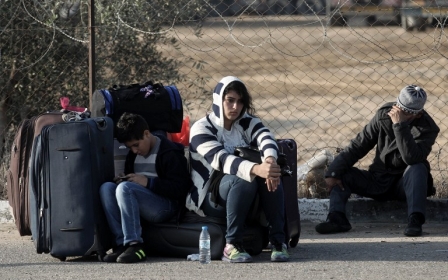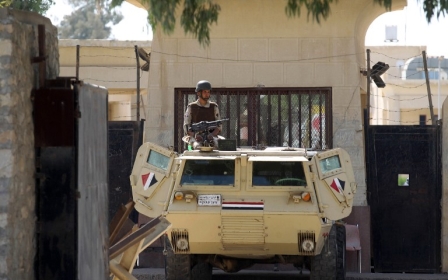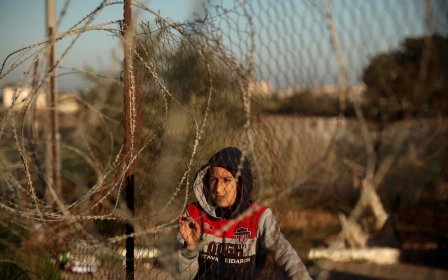Egypt opens Gaza border for first time since unity deal

Egypt opened its largely sealed border with Gaza on Saturday for the first time since a reconciliation agreement saw the Palestinian Authority take control of the crossing from Hamas.
A Palestinian official at the Rafah crossing said it had opened at 0700 GMT and was expected to stay open for three days.
"Egypt will open the crossing for humanitarian cases registered with the interior ministry," the official said, adding that civilian and security personnel on the Palestinian side were all employees of the reconciliation government headed by Rami Hamdallah.
Up to 20,000 people from Gaza have applied to enter Egypt. during the brief reopening.
Egypt's border with the Gaza Strip had been totally sealed since August, and was largely closed for years before that.
Under the terms of a Palestinian reconciliation agreement reached last month, Gaza's Islamist rulers Hamas are supposed to cede civil power to the West Bank-based Palestinian Authority by 1 December.
As a first step, they handed over control of its border crossings on 1 November.
The Egypt-brokered deal is expected to lead to more regular opening of the Rafah crossing.
The head of the Palestinian Authority's security services Majid Faraj held talks with senior Hamas leader Yahya Sinwar in Gaza on Friday.
All Palestinian factions are due to meet in Cairo next week to discuss ways to move the reconciliation deal forward.
Both Israel and Egypt have maintained blockades of Gaza for years, arguing that they are necessary to isolate Hamas.
New MEE newsletter: Jerusalem Dispatch
Sign up to get the latest insights and analysis on Israel-Palestine, alongside Turkey Unpacked and other MEE newsletters
Middle East Eye delivers independent and unrivalled coverage and analysis of the Middle East, North Africa and beyond. To learn more about republishing this content and the associated fees, please fill out this form. More about MEE can be found here.




